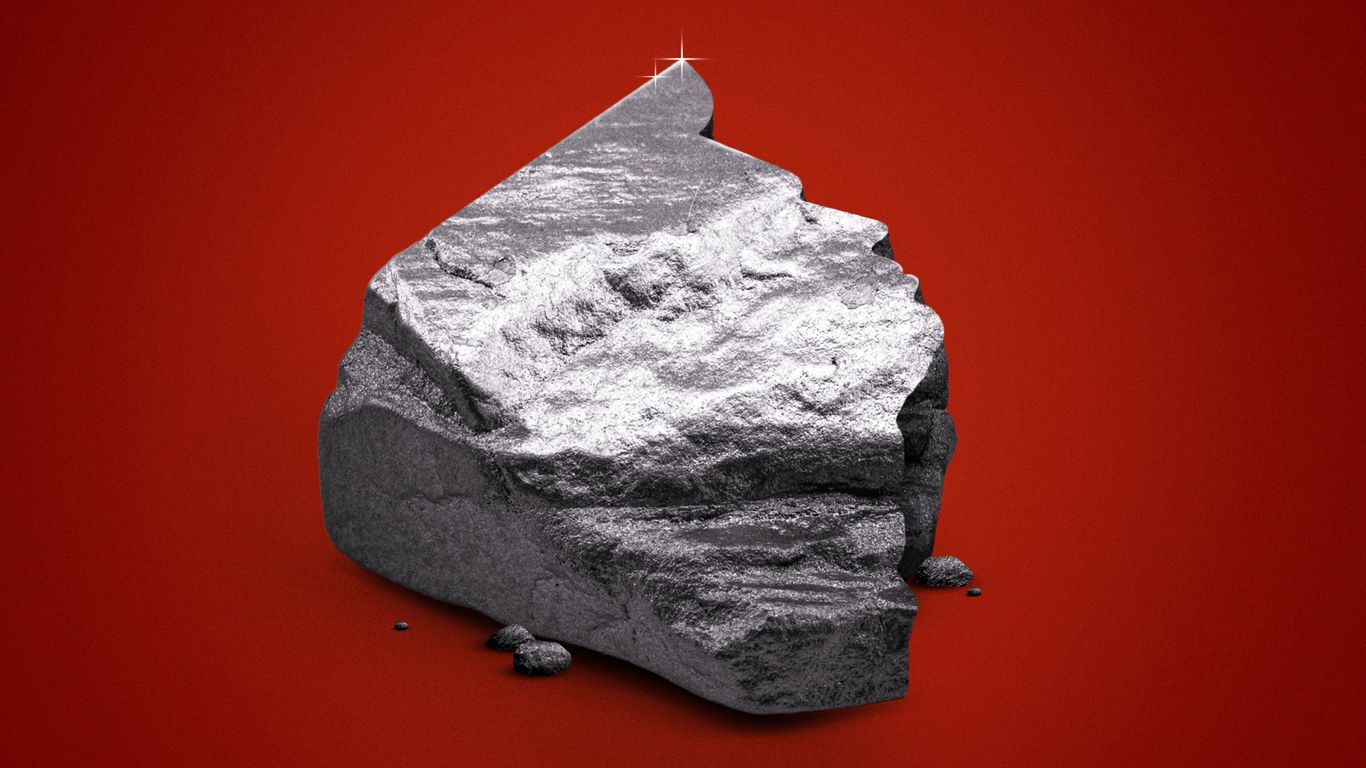
"Beijing responded to Trump's tariffs with export controls on rare earths, leaving Trump with little option but to cut a deal. Xi agreed to pause the latest restrictions for a year, though previous truces have broken down ahead of schedule. The rare earths standoff was a major source of behind-the-scenes anxiety at the White House, and supercharged the mission to search the world for minerals."
"Just in the past 72 hours, the administration announced a $1.2 billion investment in two rare earths startups and unveiled a critical minerals deal with Kazakhstan, which has an abundance of minerals and recently announced a massive rare earths find. Rare earths have come up in Trump's debt swap talks with Argentina, peace talks with Ukraine and in trade negotiations with countries including Australia, Brazil and Japan. They were on the agenda when Trump visited Saudi Arabia and when African leaders visited him in D.C."
The U.S. requires rare earth magnets for fighter jets, missiles, wind turbines and other advanced technologies, while nearly all global output passes through China. China used export controls after U.S. tariffs, then paused restrictions for a year under an agreement with Xi. The standoff produced major White House anxiety and accelerated efforts to secure mineral supplies globally. The administration signed critical-minerals agreements, invested $1.2 billion in rare-earth startups, and struck a deal with Kazakhstan following a large discovery. Rare earths appeared across diplomacy and trade talks, and the 2025 U.S. Geological Survey identifies China as the sole or dominant source for eight of nine critical minerals, led by samarium for magnets.
Read at Axios
Unable to calculate read time
Collection
[
|
...
]